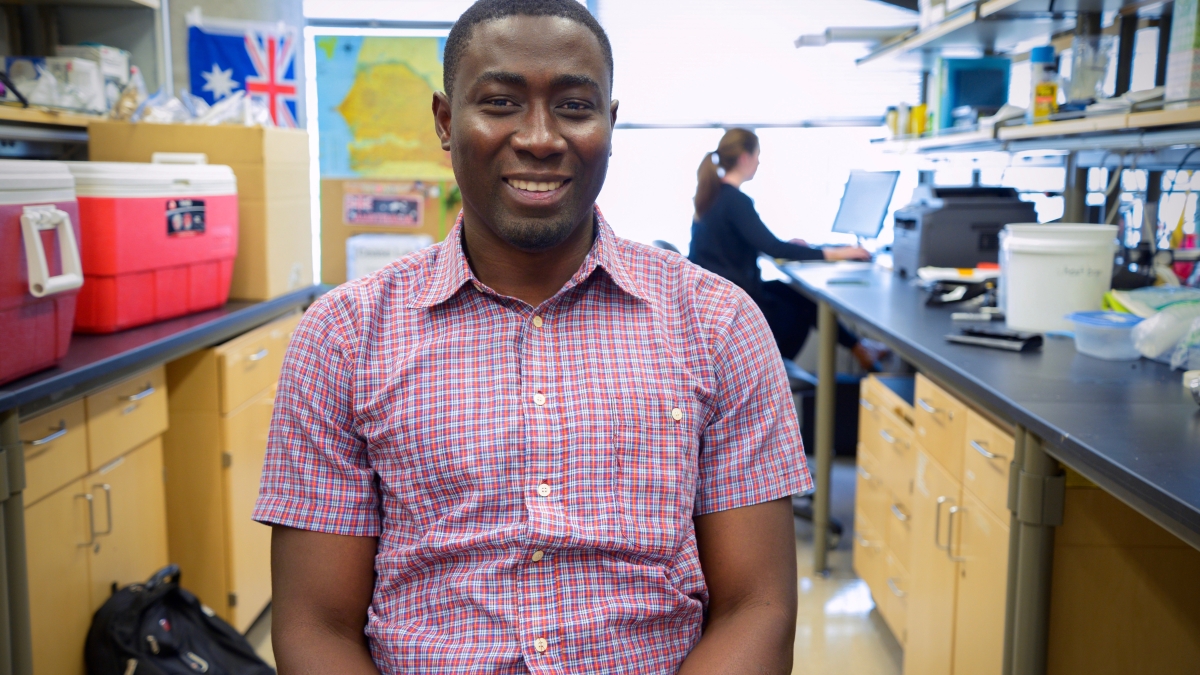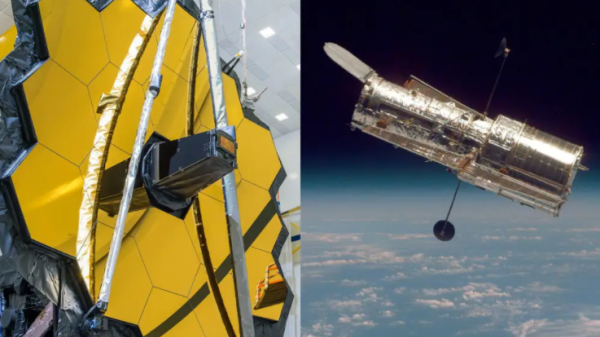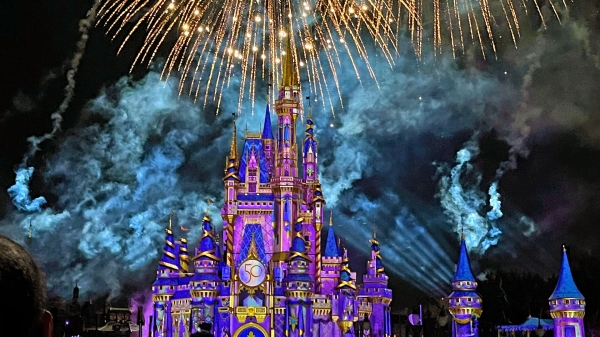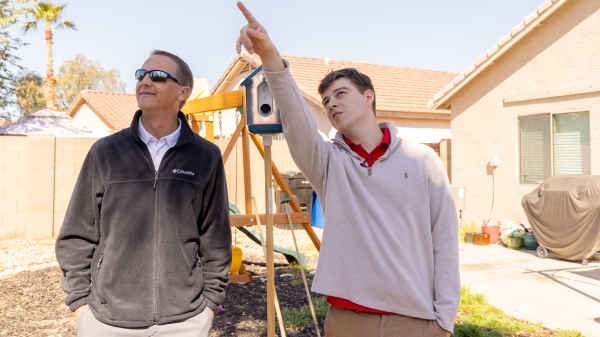International student wins Outstanding Graduate Award, pursues career in public health

Balanding Manneh, a biological science major with a concentration in genetics, cell and developmental biology, was given the award for Outstanding Graduating Senior by the School of Life Sciences. Photo by Samantha Lloyd/ASU VisLab
Editor’s note: This is part of a series of profiles for spring 2018 commencement.
Balanding Manneh knows the value of recognizing and embracing opportunities. He traveled more than 6,000 miles from his home in the Gambia in West Africa, to attend Arizona State University.
As a Mastercard Foundation scholar at ASU's School of Life Sciences, he jumped at the chance to try new things — conducting research as an undergraduate in the school's SOLUR program, starting a nonprofit organization to assist farmers in his native country, and speaking at a conference of TEDxASU innovators in 2018.
Majoring in biological sciences, Manneh worked alongside Assistant Professor Arianne Cease with the Julie Ann Wrigley Global Institute of Sustainability and life sciences Research Professor James Elser, conducting studies on locusts. After gaining hands-on experience conducting research both in the lab and in the field, he's now interested in studying public health and understanding how hunger, malnutrition and infectious diseases affect populations in the least-developed countries in the world.
In 2016, Manneh was named the recipient of the President William Jefferson Clinton Global Hunger Leadership Award. And as a graduating senior, he has earned the School of Life Sciences' Outstanding Graduate award for 2018.
He has deferred a PhD scholarship at the University of Melbourne to pursue a master’s in public health at the University of British Columbia in September.
Question: What was your “aha” moment, when you realized you wanted to study the field you majored in?
Answer: I knew that I wanted to major in something science- and biology-related after I graduated high school, but I didn’t know what exact major to pursue. Luckily, after high school, I worked for a while at a research institution and this enabled me to figure out what exactly I wanted to focus on. This early exposure to the research environment, where I had the opportunity to rub shoulders with researchers, is what essentially led me to my “aha” moment because I wanted to be able to do what these researchers were doing. Out of all the majors at ASU, I decided that I wanted to do biological sciences.
Q: What’s something you learned while at ASU — in the classroom or otherwise — that surprised you, that changed your perspective?
A: At ASU there is so much to learn, and I realized this from the first week of my first semester as a freshman. Besides the theoretical scientific knowledge that I have acquired over the years, my daily interaction with people from all over the world here at ASU has taught me so much. One of the many things I’ve learned here at ASU is that there is always someone out there who has the solution or knows someone who has the solution to a problem you might encounter whether in the classroom or outside. This knowledge has significantly transformed the way I interact with people. It has allowed me to reach out to the necessary people and make the necessary connections with people.
Q: Why did you choose ASU?
A: For me, coming to ASU was a big deal, a huge opportunity that has transformed my life. I was one of several other students from various African countries who were selected to come study at ASU under the Mastercard Foundation Scholarship Program. So, technically, ASU chose me. Prior to coming, I read about all the interesting research that was happening here at ASU, and this was another reason why I was really excited to come to ASU.
Q: What’s the best piece of advice you’d give to those still in school?
A: Well, I have two pieces of advice for those still in school. First, I would say, manage your time properly. Sometimes the difference between someone who does well academically and someone who doesn’t is in the way they manage their time. My second piece of advice is, study hard but understand that doing badly in one or two classes is not going to ruin that dream of going to med school, becoming a scientist, etc. Failure is an integral part of success, however — the only problem exists when failure becomes a habit. In summary, manage your time wisely and don’t be afraid to fail because the truth is, everyone fails in something at some point.
Q: What was your favorite spot on campus, whether for studying, meeting friends or just thinking about life?
A: The third floor of Hayden Library was literally my second dorm room. I have lost count of the number of times I have spent all nights studying for tests or writing lab reports. It is one of the places I will miss besides the MU.
Q: What are your plans after graduation?
A: My immediate plan is to go to graduate school. I have been offered a PhD scholarship at the University of Melbourne, and a master’s scholarship at the University of British Columbia. We will see what happens next, but my long-term career goal is to become a research scientist and conduct public health-related research.
Q: If someone gave you $40 million to solve one problem on our planet, what would you tackle?
A: I would invest the money in conducting research on a parasitic disease called malaria, which is transmitted by female mosquitoes. There has been ongoing research on the disease for several years now, but I think the $40 million would help us get rid of the disease faster. It is a big problem because it claims the lives of millions of people all over the world, especially in developing countries.
Q: Thinking back over your time at ASU, what challenges did you face, and how did you overcome them?
A: As an international student, when I got to ASU, everything was essentially new. Another continent, another country and different food. I had a lot of adjusting to do in my first year, but after that, things were pretty normal.
Q: Are there any particular people, professors, advisers or friends who really supported you on your journey — and what did they do to help?
A: I have received a tremendous amount of support throughout my time here at ASU. My two professors and faculty advisers, Professor James Elser and Assistant Professor Arianne Cease, have truly been very supportive in helping me with recommendation letters and giving me encouragement and advice. A few office hours when I was taking BIO 151 with Professor Elser in my freshman year resulted in other connections that have helped me find a home away from home here at ASU. My MCFSP (Mastercard Foundation Scholarship Program) family has also been very supportive, from the director, Dr. Baxter and all the other staff members, their work made life much more comfortable for me and the other scholars.
Q: Looking back, is there anything you would go back and change?
A: Overall, I think my undergraduate experience was great. I learned a lot and made a number of lifelong friendships and connections.
Q: What did ASU provide to you that you think you could not have found anywhere else?
A: As one of the big, if not the biggest public research institution in the country, ASU provided me with a lot of opportunities to engage in undergraduate research which I think wouldn’t have been possible at other institutions that are not research-oriented. I am glad I was able to make use of the opportunities to work in a research lab and acquired relevant skills that will come handy both in graduate school and beyond.
More Science and technology

Celebrating 34 years of space discovery with NASA
This year, NASA's Hubble Space Telescope (HST) is celebrating its 34th anniversary of the world's first space-based optical…

Making magic happen: Engineering and designing theme parks
The themed entertainment industry is widespread and diverse, encompassing everything from theme parks to aquariums, zoos, water…

AI-equipped feeders allow ASU Online students to study bird behavior remotely
ASU Online students are participating in a research opportunity that's for the birds — literally. Online Bird Buddies is a…